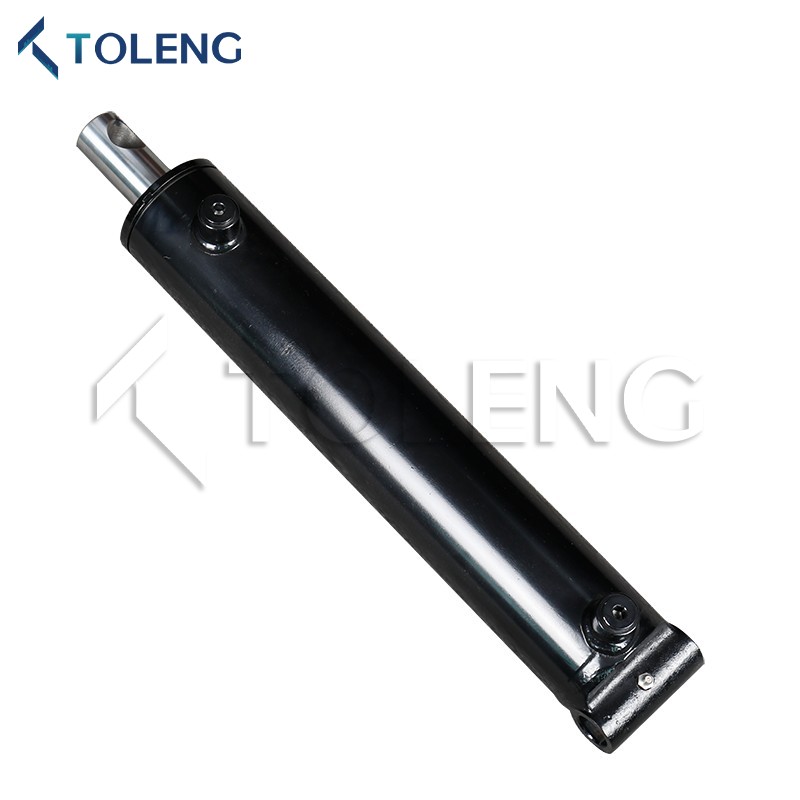Hydraulic Cylinders: The Backbone of Modern Industrial Machinery
2024-12-23
Hydraulic cylinders are essential components in various industries, powering equipment with unmatched force and precision. From construction to manufacturing, these devices enable the smooth operation of heavy-duty machinery, enhancing productivity and efficiency.

What is a Hydraulic Cylinder?
A hydraulic cylinder is a mechanical actuator that converts hydraulic energy into linear motion and force. It consists of a cylinder barrel, piston, rod, and seals. By pressurizing hydraulic fluid, the cylinder creates controlled movement, whether lifting, pushing, or pulling.
Applications Across Industries
1. Construction: Hydraulic cylinders are critical in cranes, excavators, and bulldozers for tasks like lifting heavy loads and digging.
2. Manufacturing: They power presses, molds, and automated systems, ensuring precise operations.
3. Agriculture: Tractors, harvesters, and loaders rely on hydraulic cylinders for functionality.
4. Automotive: Hydraulic cylinders play a role in car jacks, braking systems, and assembly lines.
Advantages of Hydraulic Cylinders
- High Force Output: Their ability to handle massive loads with minimal energy input is unparalleled.
- Durability: Built to withstand extreme conditions, hydraulic cylinders are reliable in harsh environments.
- Versatility: Available in various sizes and configurations, they cater to diverse applications.
Maintenance Tips for Longevity
To maximize the lifespan of a hydraulic cylinder, regular maintenance is essential. Keep seals intact, avoid overloading, and inspect for leaks or corrosion. Proper fluid levels and cleanliness also play a crucial role.
Hydraulic cylinders remain indispensable for industries requiring power and precision. Their versatility and durability make them a cornerstone of modern machinery.


